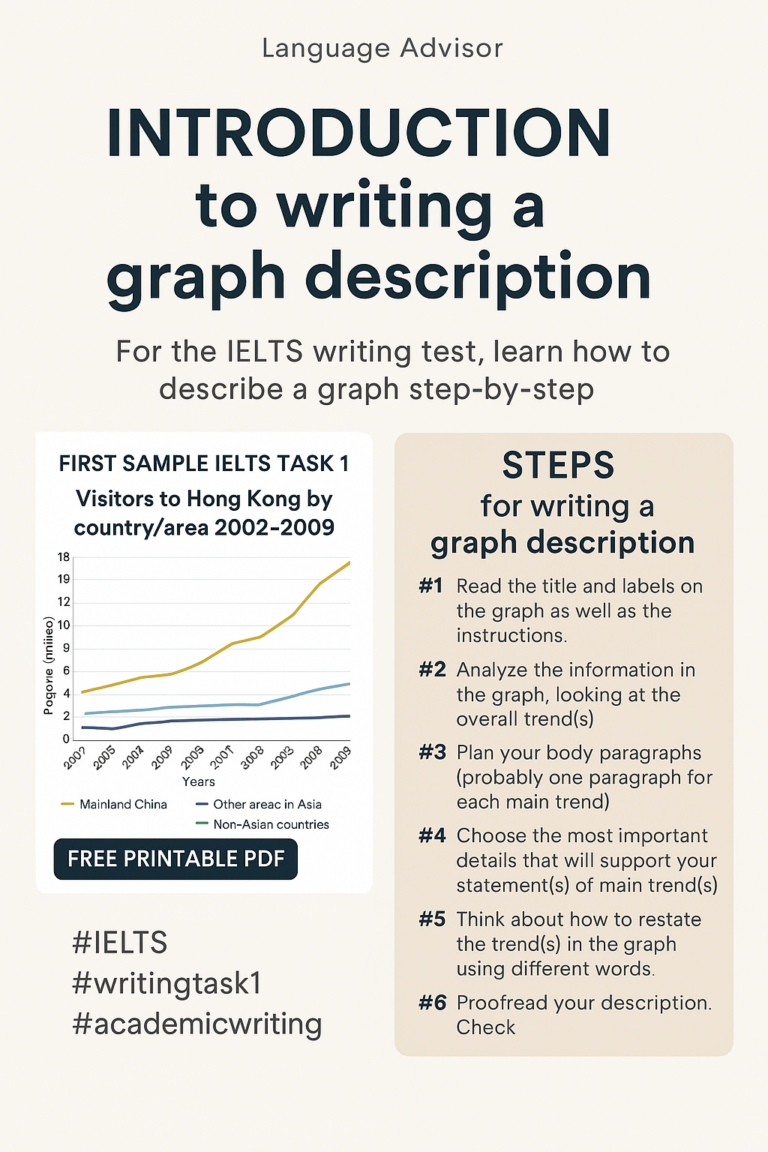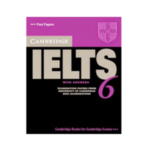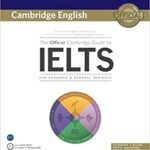Cambridge IELTS Listening 9. Examination Papers from University of Cambridge ESOL examinations with Free Printable PDF and Free Mp3
Cambridge IELTS Listening 9


Cambridge IELTS Listening 9
For anyone aiming to excel in the IELTS Listening section, practice is paramount. The “Cambridge IELTS 9” series offers invaluable resources for effective preparation, specifically through its listening tests, detailed transcripts, and MP3 files. In this post, we’ll explore the specifics of the listening tests included in Cambridge IELTS 9, and how you can utilize these components to boost your performance.
Breakdown of the Listening Tests
The listening section of the IELTS is designed to assess a wide range of listening skills, including understanding main ideas, details, opinions, and attitudes of speakers. The listening tests in Cambridge IELTS 9 are crafted to closely replicate the actual IELTS Listening test format and content.
Structure of the Listening Test
Each listening test in Cambridge IELTS 9 follows the same structure as the official IELTS Listening test, consisting of four sections with a total of 40 questions. Here’s a breakdown:
- Section 1: Social Context
- Typically involves a conversation between two speakers in a social or everyday context.
- Example: A conversation about travel arrangements or booking accommodations.
- Section 2: Monologue in a Social Context
- Usually involves one person speaking about a general topic of social interest.
- Example: A speech about local facilities or a guided tour.
- Section 3: Educational or Training Context
- Features a conversation between up to four speakers, often related to educational or training contexts.
- Example: A discussion between a student and a tutor about an assignment.
- Section 4: Academic Lecture or Talk
- Involves a monologue on an academic subject.
- Example: A university lecture on a specific topic.
Features of the Cambridge IELTS 9 Listening Tests
Authentic Practice Material
The tests are developed by experienced IELTS examiners, ensuring that they mirror the format, style, and difficulty level of the actual IELTS Listening test. This authenticity provides candidates with a realistic practice experience, helping them become familiar with the type of content and questions they will encounter.
Diverse Range of Accents
The recordings include a variety of English accents (e.g., British, Australian, American), reflecting the international nature of the IELTS exam. This exposure helps candidates become comfortable with different speech patterns and pronunciations.
Detailed Transcripts
Each test comes with a comprehensive transcript of the recordings. These transcripts are essential for reviewing and understanding the listening material, allowing candidates to follow along and catch any words or phrases they may have missed during the test.
Answer Keys and Explanations
The answer keys provide not only the correct answers but also explanations and locations within the transcript where the answers can be found. This feature helps candidates understand the rationale behind each correct answer and learn from their mistakes.
MP3 Files
The accompanying MP3 files provide high-quality recordings of the listening tests. These files are designed to be used in conjunction with the transcripts, offering a complete and immersive practice experience.

How to Use the Cambridge IELTS 9 Listening Tests Effectively
Simulate Exam Conditions
To get the most out of these practice tests, try to replicate the conditions of the actual exam. Find a quiet place, set a timer, and complete the test without interruptions. This practice will help you manage time pressure and improve your concentration.
Review with Transcripts
After completing a test, use the transcripts to review your answers. Pay close attention to parts of the recording where you had difficulty, and note down any new vocabulary or unfamiliar phrases. This step is crucial for improving your listening comprehension and vocabulary.
Analyze Your Mistakes
Understanding your mistakes is key to improvement. Carefully go through the answer keys and explanations to see where you went wrong. Identify any patterns in your errors, such as common vocabulary you didn’t understand or specific question types you struggle with.
Practice Regularly
Consistency is important for building and maintaining your listening skills. Set a regular schedule to practice the listening tests, aiming for at least one test per week. Regular practice helps reinforce your learning and builds confidence.
Combine with Other Study Materials
While the listening tests in Cambridge IELTS 9 are a fantastic resource, it’s beneficial to use additional study materials. Consider using vocabulary lists, grammar guides, and other listening resources to complement your preparation.
The listening tests, transcripts, and MP3 files in Cambridge IELTS 9 offer a comprehensive and realistic preparation experience for the IELTS Listening section. By practicing regularly, reviewing your answers, and learning from your mistakes, you can significantly enhance your listening skills and boost your confidence on test day. Happy studying, and best of luck with your IELTS preparation!

Test 1 and audio

Test 2 and audio

Test 3 and audio

Test 4 and audio

Tapescripts and Answers

Also check out these resources to successfully prepare for IELTS












